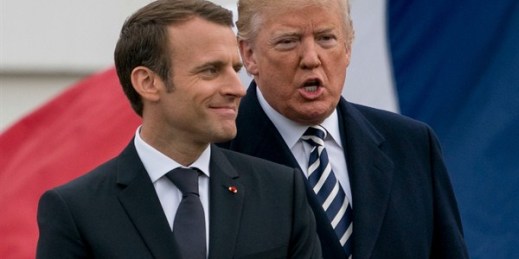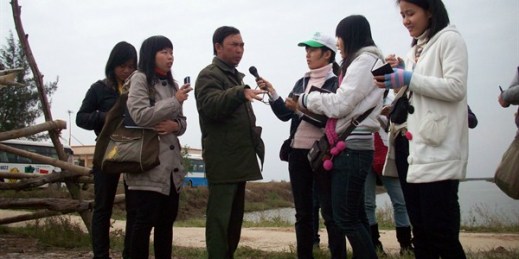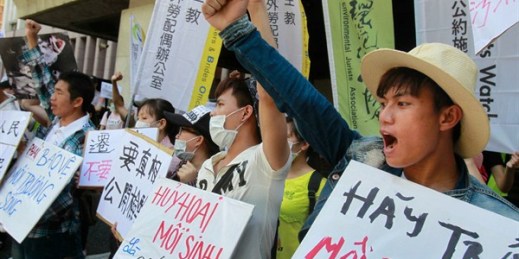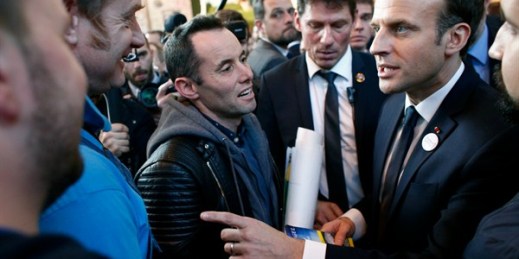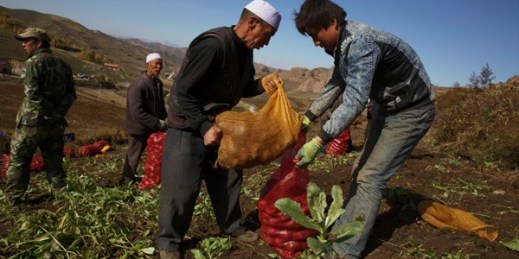
Since the founding of the People’s Republic of China in 1949, Chinese leaders have struggled with an age-old problem: how to feed a growing population with a small amount of arable land. Despite the country’s agrarian beginnings and the ideological importance of the farmer in Maoist thought, nagging concerns about efficiency, food security and sustainable agricultural development have never been fully resolved. Even as China has dazzled the world with its technological progress in cutting-edge fields like artificial intelligence, renewable energy and bioengineering, to the government’s dismay, China has been slow to make similar advances in farming despite boasting the […]

